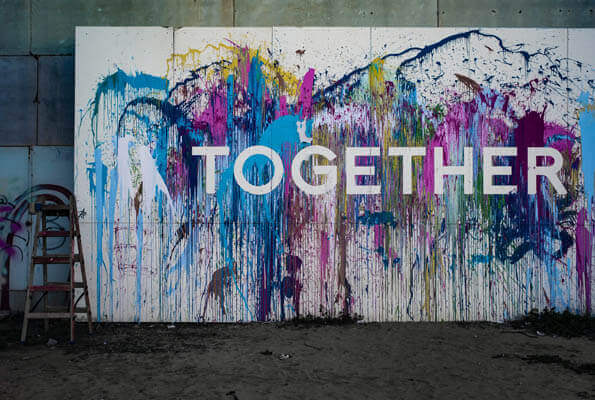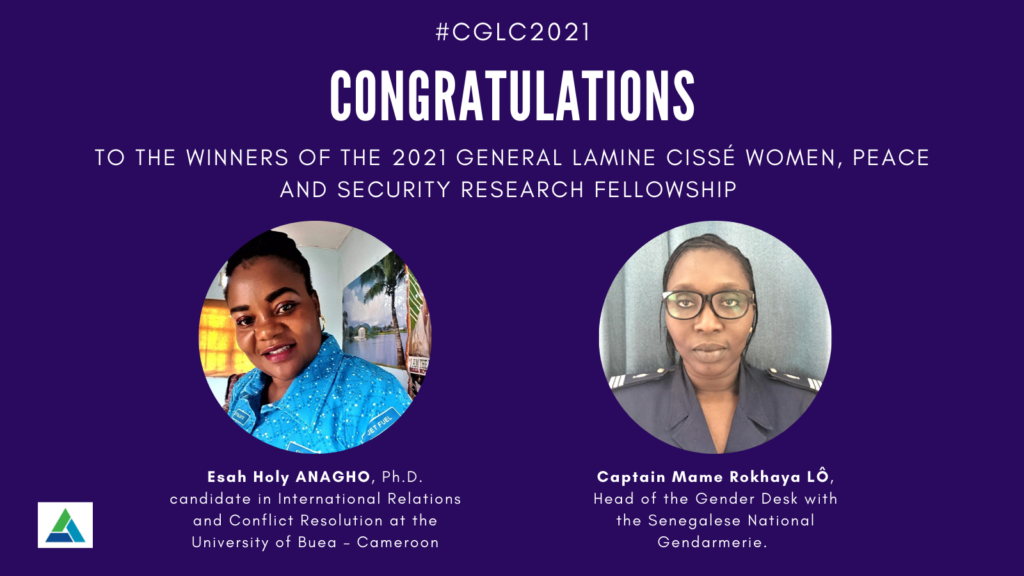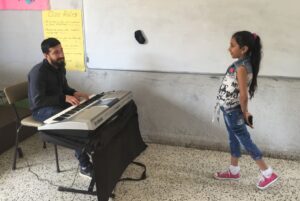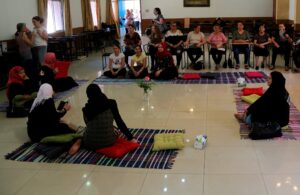April 26, 2021
PartnersGlobal has promoted Bridget O’Loughlin to Director of Business Development. She moves into the lead business development role after serving over six years in various roles at the organization, most recently as the Senior Manager for Business Development where she expanded funding in innovative and important programming areas, including civil society resiliency, inclusive security, and accountable governance.
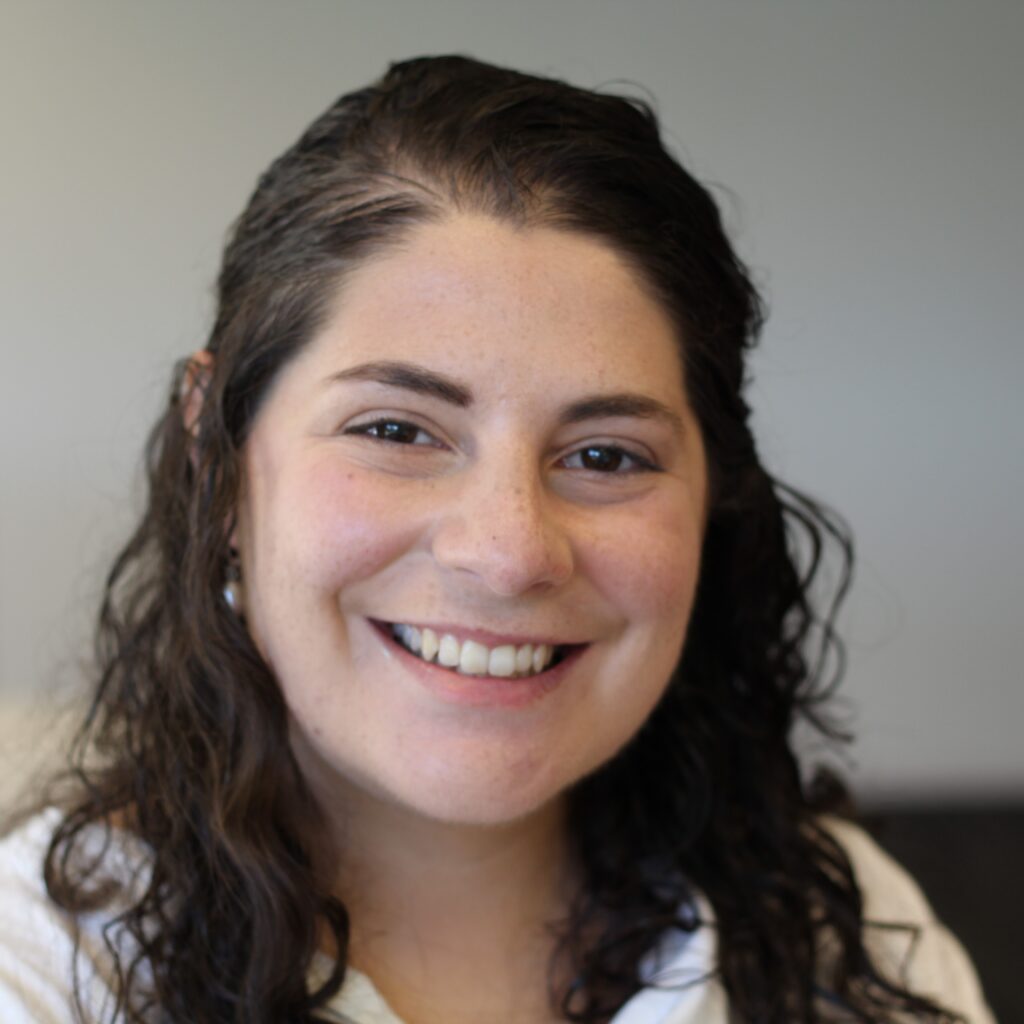
Her appointment comes at an exciting time as PartnersGlobal continues to align its current programming in response to global post-pandemic realities. This new leadership role will harness valuable lessons from PartnersGlobal’s experience and work around the globe about how to grow resilient organizations in unpredictable times of disruptive social, ecological, and health challenges. O’Loughlin will join the executive management team to offer strategic leadership that drives growth which is responsive to changing needs and predictive of how to reimagine organizational partnerships and funding relationships.
“Bridget’s leadership and vision has been so pivotal to the growth and success of PartnersGlobal these past few years,” says Roselie Vasquez-Yetter, Co-Executive Director for the organization. “In her new position, she’ll no doubt bring the same dedication as we continue to grow and innovate to support civil society and promote peace and democracy around the globe.”
In her new role setting the organization’s business development strategy, O’Loughlin says she will work to expand donor outreach for innovative and inclusive programming to meet the global peace and democracy challenges of the moment. Chief among these will be ramping up support for the comprehensive and on-the-ground peacebuilding efforts of PartnersYemen, which is providing critical conflict transformation and stabilization services in the midst of the country’s civil war and humanitarian crisis. She will also focus on continuing to bolster civil society resiliency in the face of authoritarianism, conflict, and crisis. She says she looks forward to increasing PartnersGlobal’s engagement with existing donors and partners and forming new relationships.
“This last year has been critical for global development as we reckoned with the shock of the COVID-19 pandemic and the foundational inequalities of the sector,” says O’Loughiln. “I look forward to working with our colleagues around the world to design transformational programing that embodies PartnersGlobal’s values of local leadership and true partnership.”
In her previous role of Senior Manager for Business Development, Bridget provided strategic leadership for PartnersGlobal’s business development efforts, including managing proposal design and preparation, developing and leading knowledge management processes, and building and sustaining external partnerships. She played a leading role in expanding funding for new programming, such as civil society resiliency building and served as an international peer coach and mentor in the space.
In addition to her business development expertise, O’Loughlin is an experienced trainer and facilitator in English and Spanish and has supported PartnersGlobal’s civil society resiliency, accountable governance, and conflict transformation work in Latin America, Yemen, and Nigeria.
She is a native of the Boston area and started working as an intern at PartnersGlobal in 2013 while pursuing her Master of Arts in Latin American Studies at Georgetown University. She has a Bachelor of Science in Foreign Service from Georgetown, and previously lived and worked in Maracaibo, Venezuela as a Fulbright Fellow.
“Bridget exemplifies the sought-after combination of programmatic, financial, and strategic design skills that have embodied her internal advancement from the most entry-level role to a senior leadership position within the organization,” says Vasquez-Yetter. “We can’t wait to see what this new challenge will bring!”
